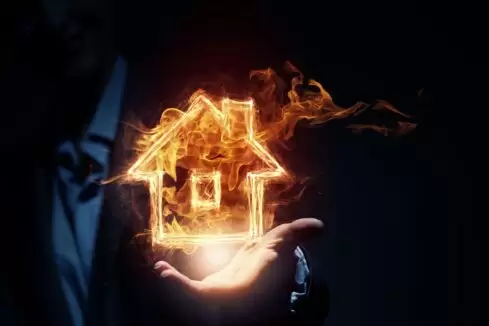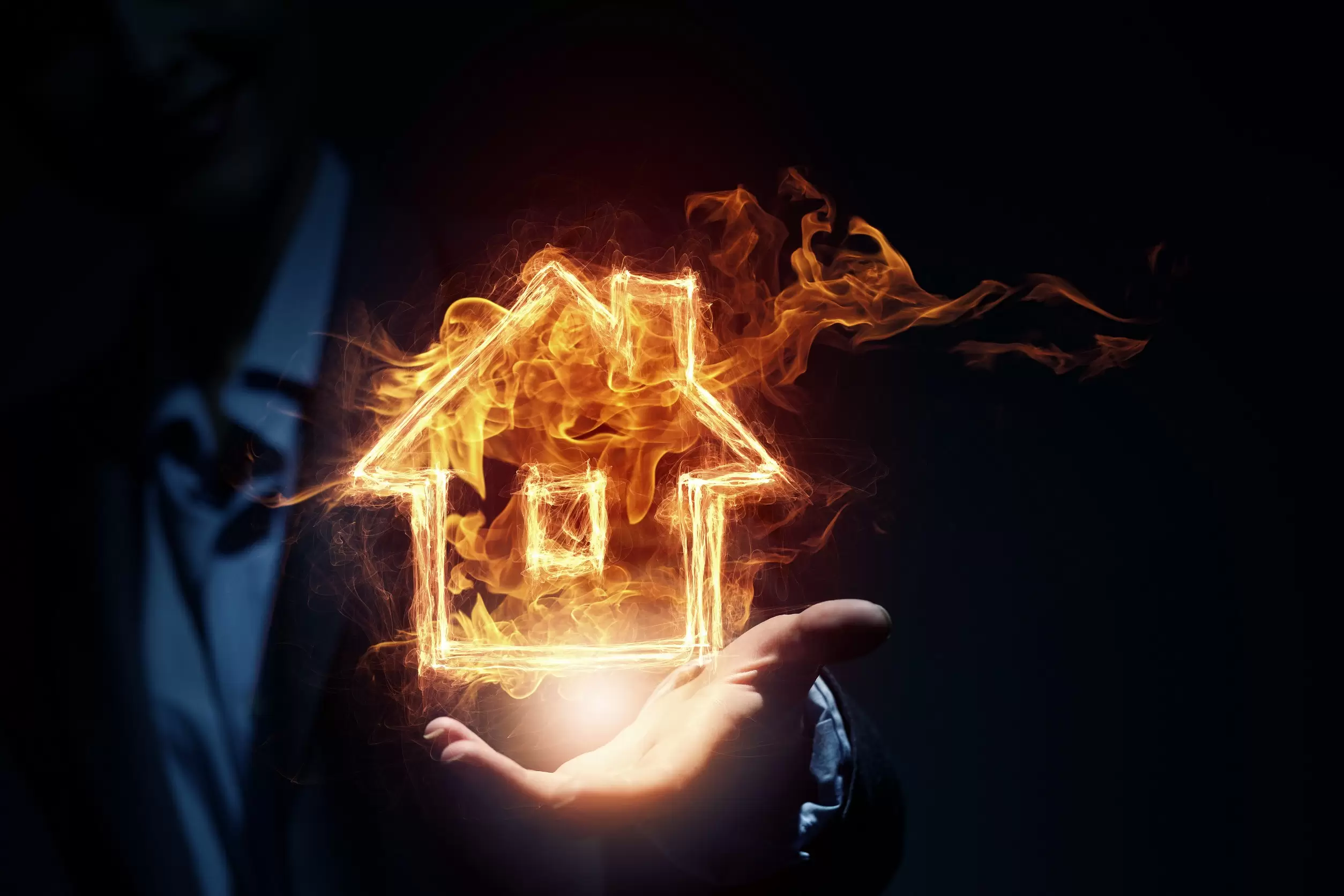
House fires can start from the most unexpected sources, often involving everyday items that seem harmless. Identifying these potential hazards can help prevent accidents and keep your home safe. Being aware of the risks and taking preventive measures can significantly reduce the chances of a house fire. Here are twelve unassuming items in your house that could lead to a house fire.
1. Overloaded Power Strips
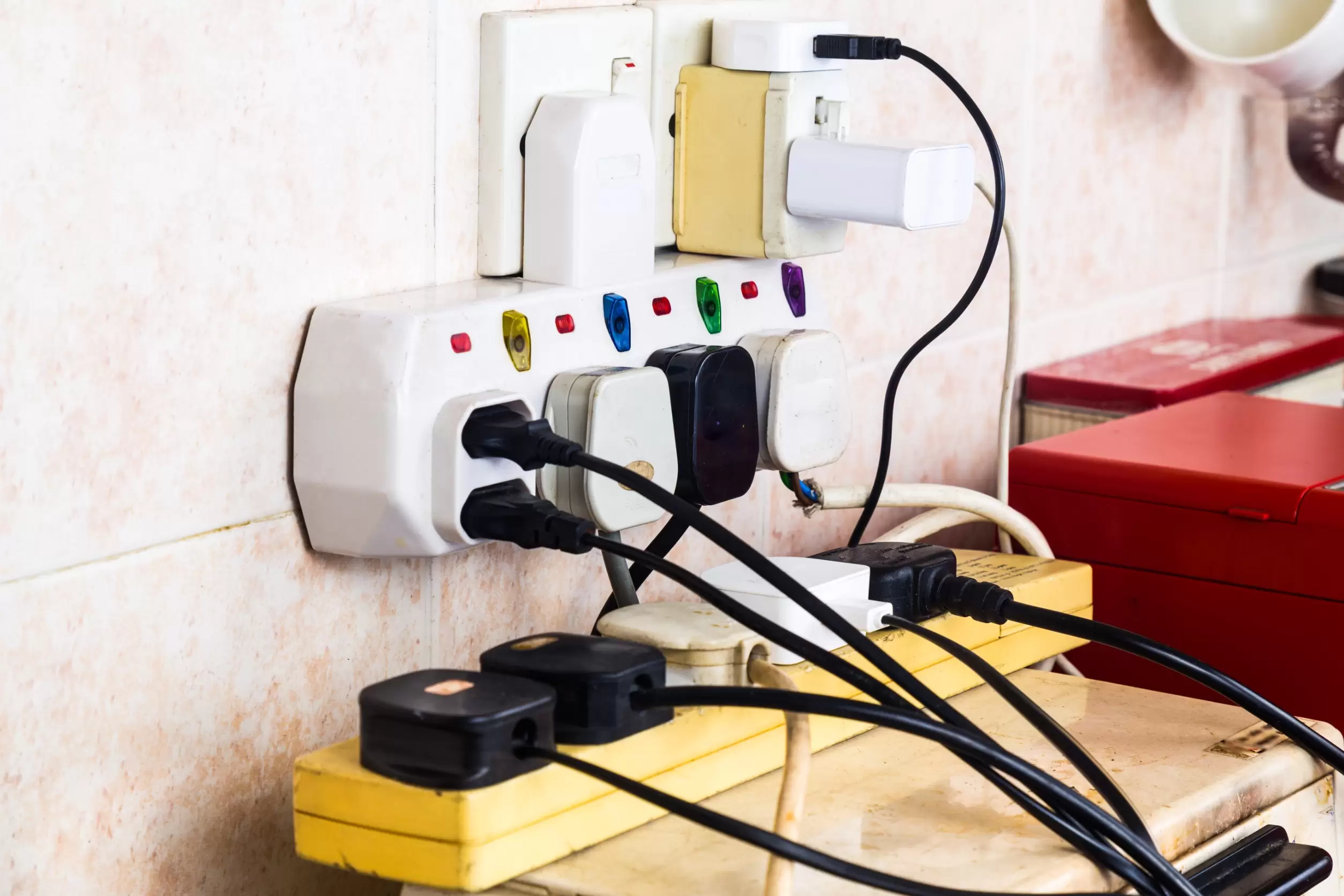
Power strips are convenient for managing multiple electronic devices, but overloading them can cause overheating and fire. The strip can become a significant fire hazard when too many high-wattage devices are plugged in. Always check the power strip’s capacity and avoid daisy-chaining multiple strips together. Using power strips responsibly helps prevent electrical fires.
2. Space Heaters
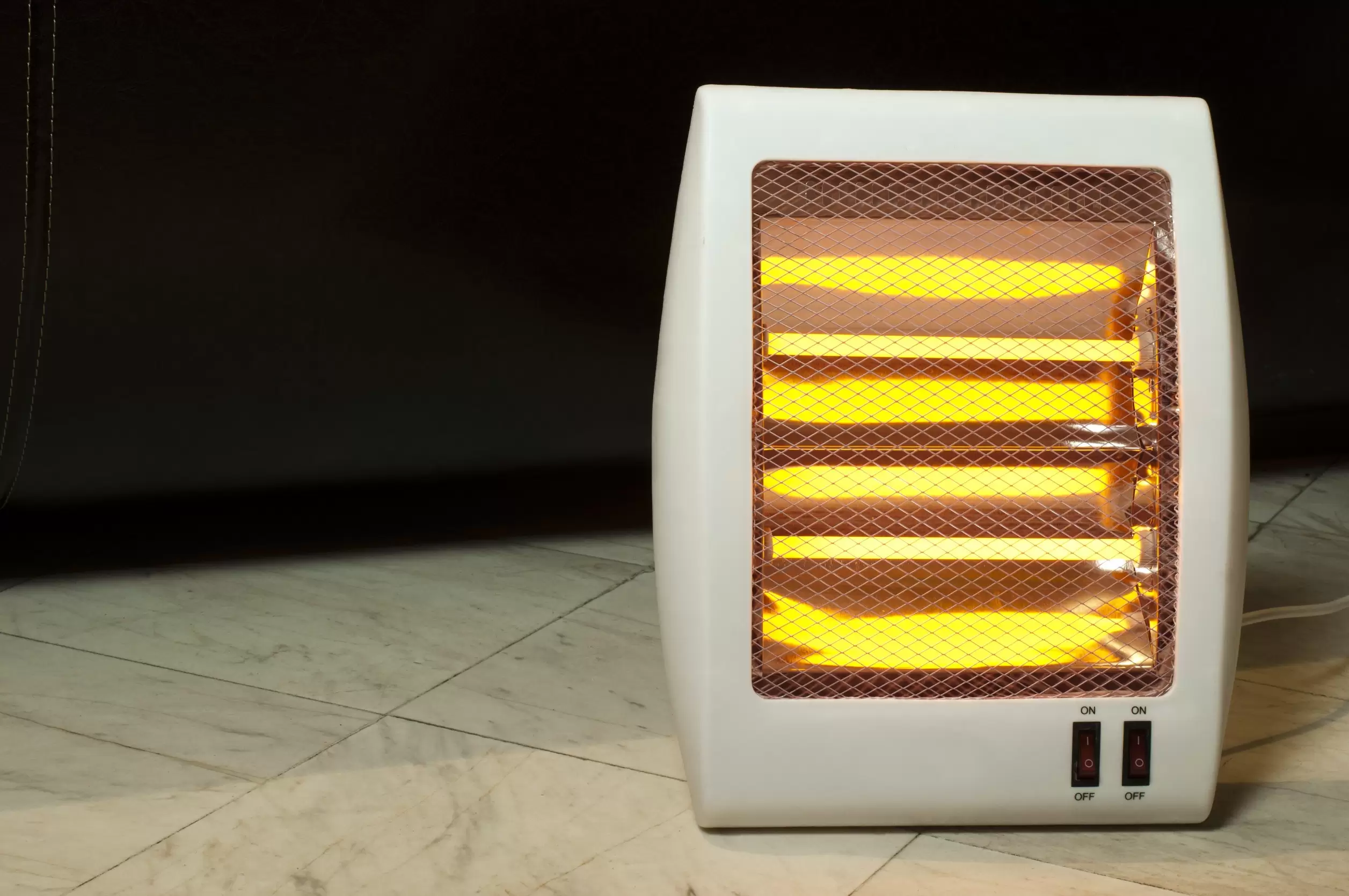
Space heaters provide extra warmth during cold months but can quickly become dangerous if used incorrectly. Placing them too close to flammable materials like curtains, furniture, or bedding can ignite a fire. Ensure space heaters have automatic shut-off features and never leave them unattended. Keeping a safe distance from combustibles is crucial for fire prevention.
3. Candles
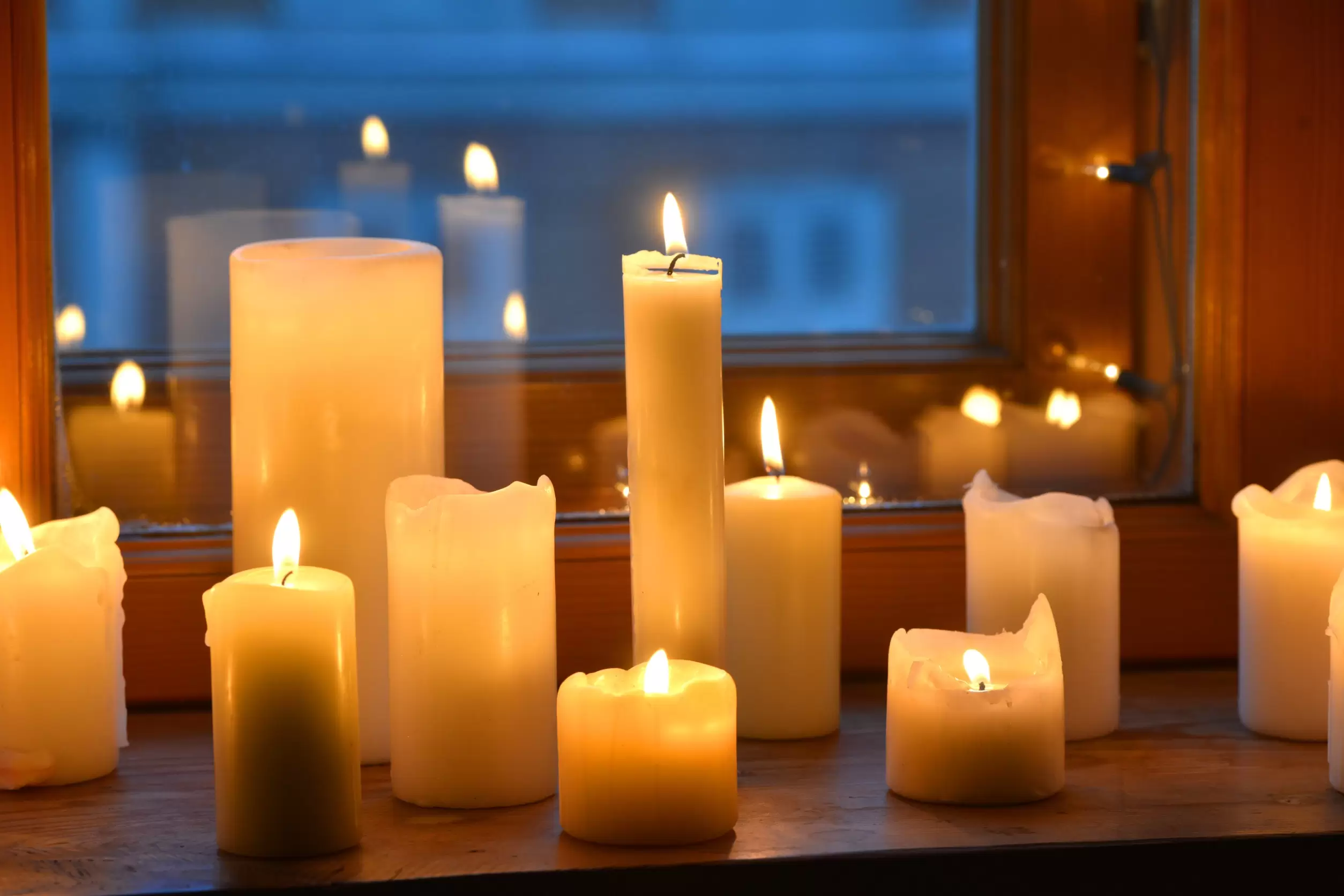
Candles add ambiance and fragrance to a home but pose a serious fire risk if left unattended or placed near flammable items. A slight breeze or a pet’s movement can tip over a lit candle, causing a fire. Always use sturdy holders and extinguish candles before leaving the room or going to sleep. Consider using flameless candles as a safer alternative.
4. Dryers
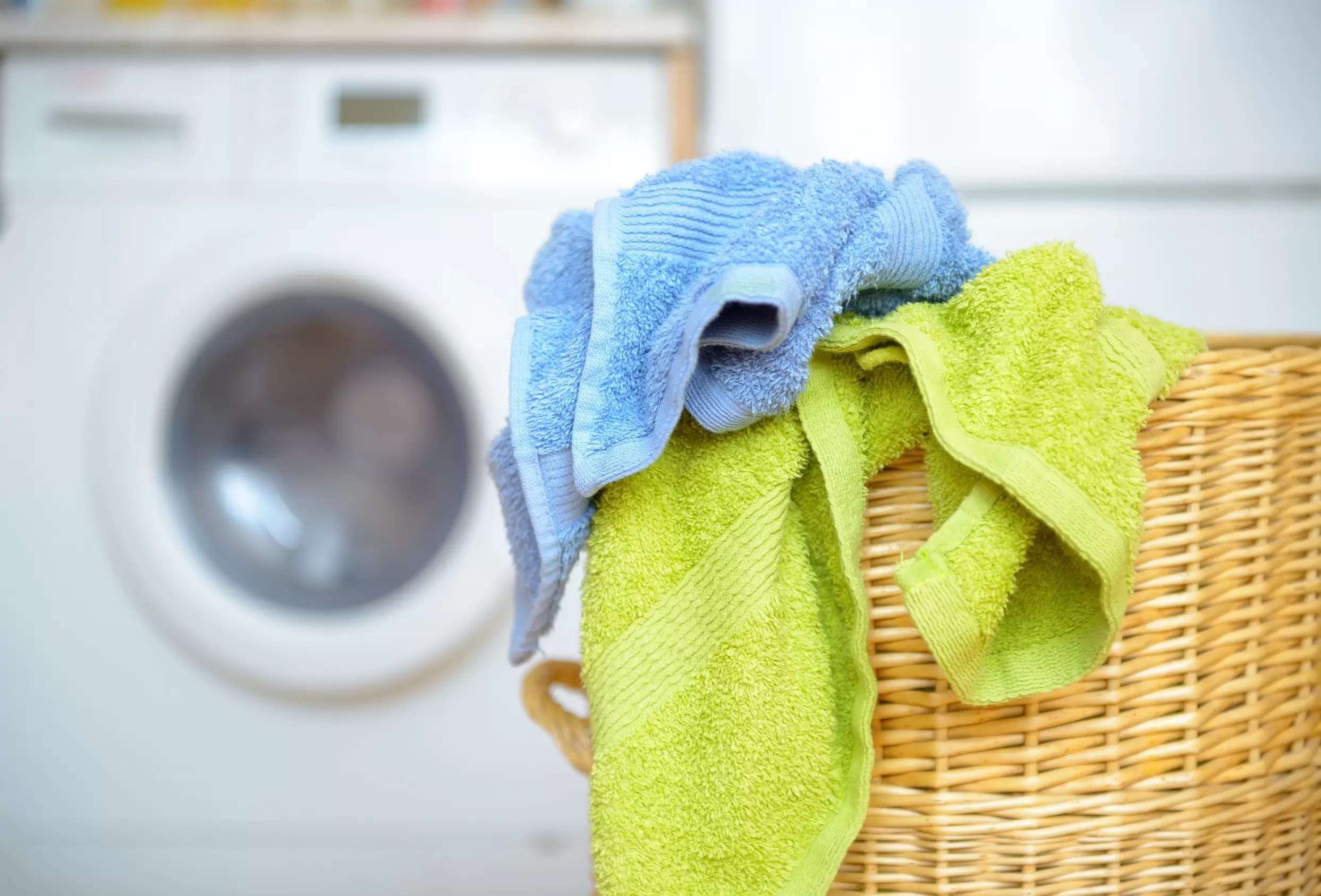
Dryers can accumulate lint in the filter and vent, which is highly flammable and can ignite if the dryer overheats. Regularly cleaning the lint filter before every load and inspecting the vent for blockages reduces the risk. Avoid overloading the dryer and ensure proper ventilation to the outside. Regular maintenance of dryers is essential for preventing house fires.
5. Cooking Equipment
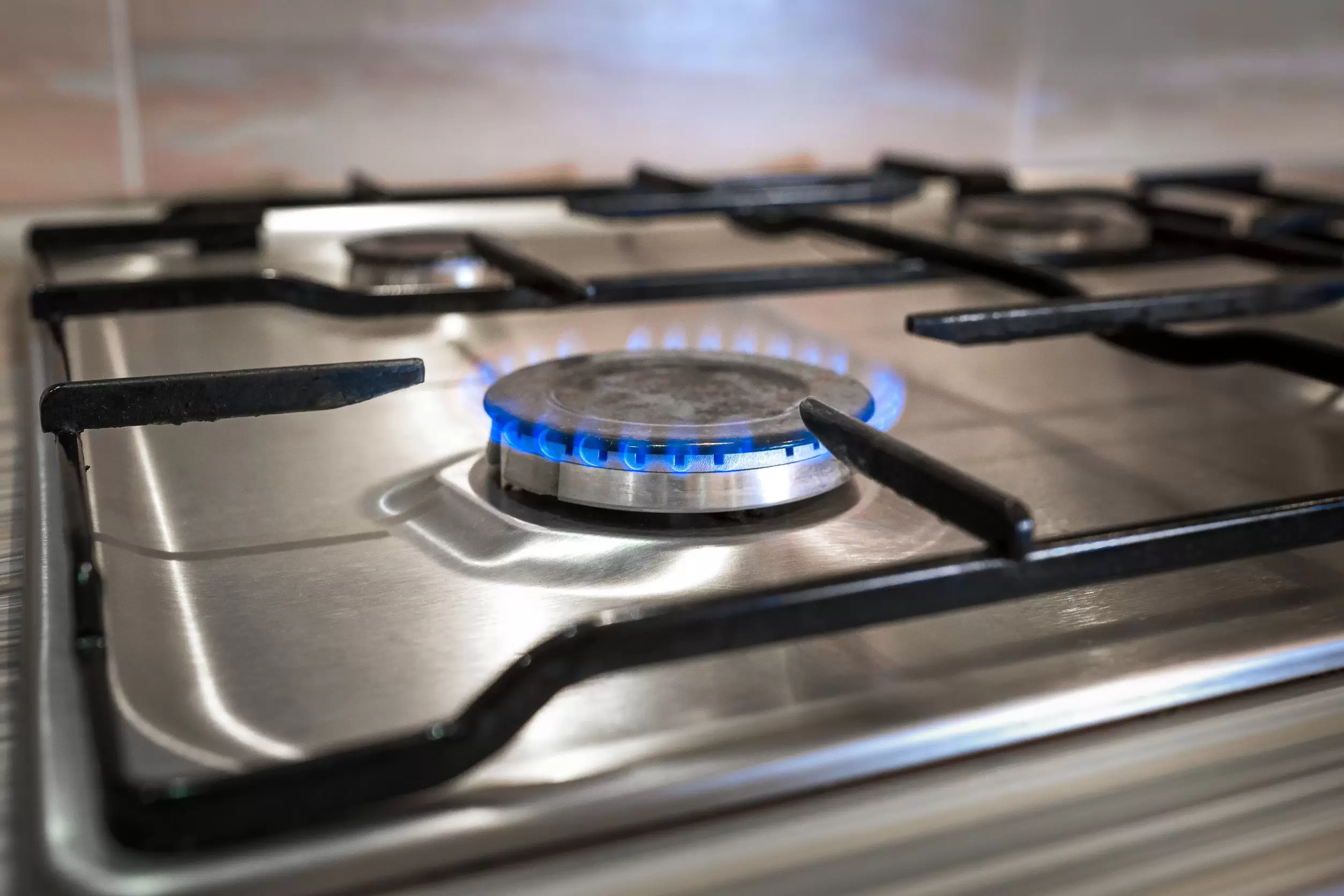
Cooking equipment, especially stovetops and ovens, can easily cause fires if left unattended. Grease buildup and spills can ignite quickly, leading to kitchen fires. Stay vigilant while cooking and keep flammable items like dish towels and paper away from the stove. Installing a fire extinguisher in the kitchen and knowing how to use it can prevent small fires from spreading.
6. Faulty Wiring
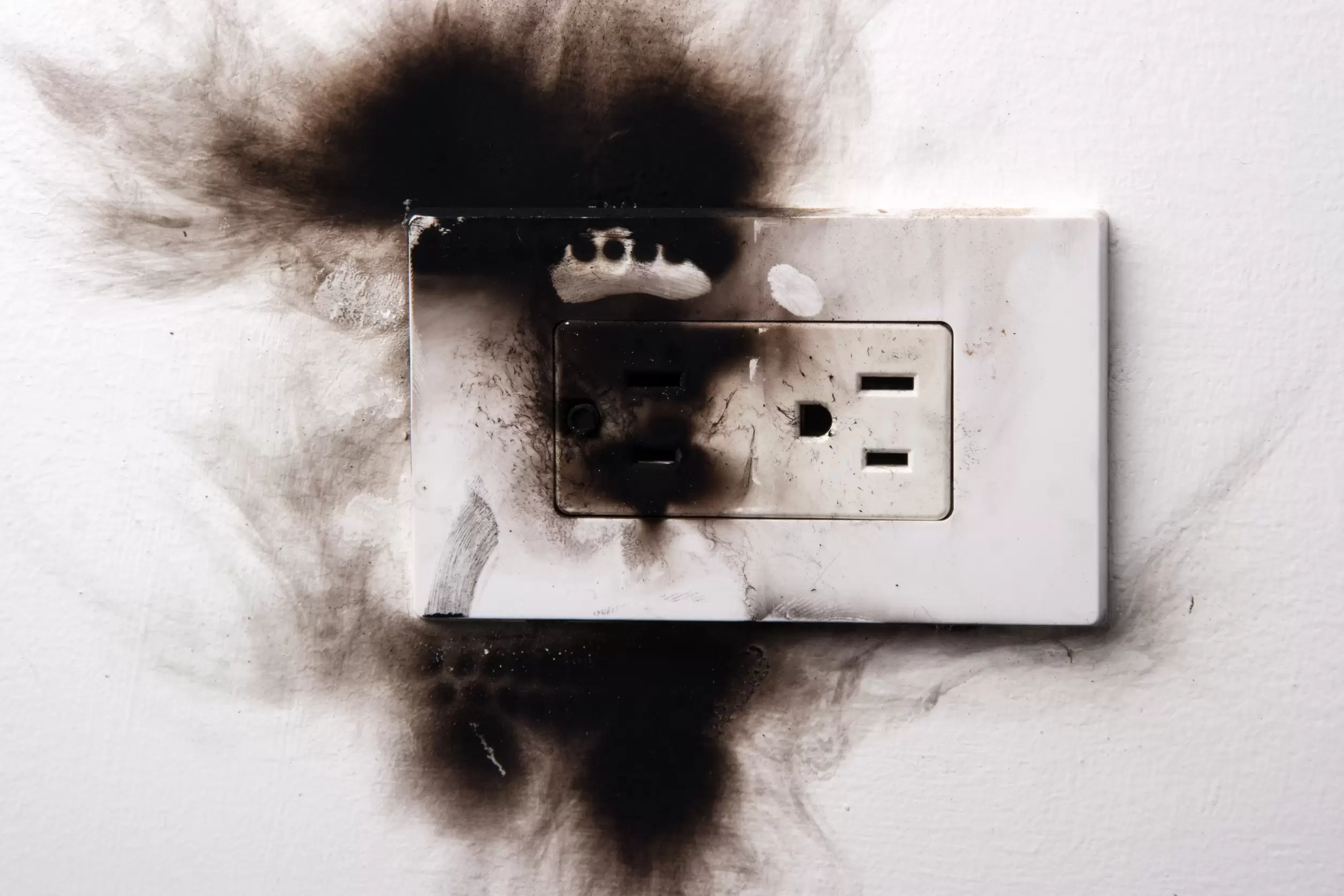
Faulty or outdated wiring is a hidden danger that can cause electrical fires. Signs of bad wiring include flickering lights, frequently tripped circuit breakers, and discolored outlets. Regular electrical inspections by a licensed electrician can identify and fix potential issues. Upgrading old wiring is a crucial step in fire prevention.
7. Portable Chargers and Power Banks
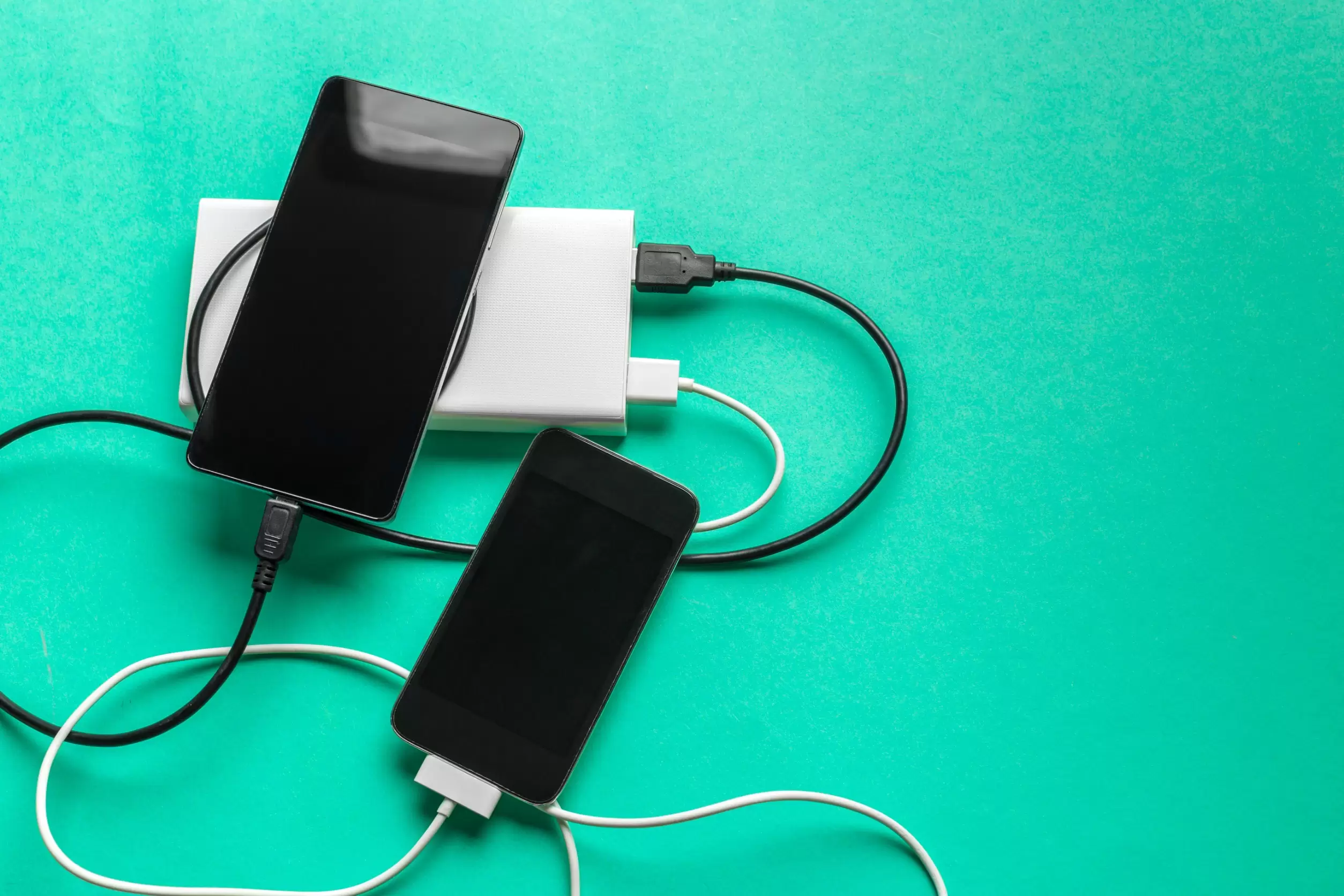
Portable chargers and power banks are convenient for keeping devices charged on the go, but they can pose a fire risk if not used properly. Overcharging or using damaged chargers can cause them to overheat and potentially catch fire. Always use chargers that meet safety standards and avoid leaving them plugged in for extended periods. Storing and using portable chargers correctly helps prevent fire hazards and ensures safe charging.
8. Electrical Appliances
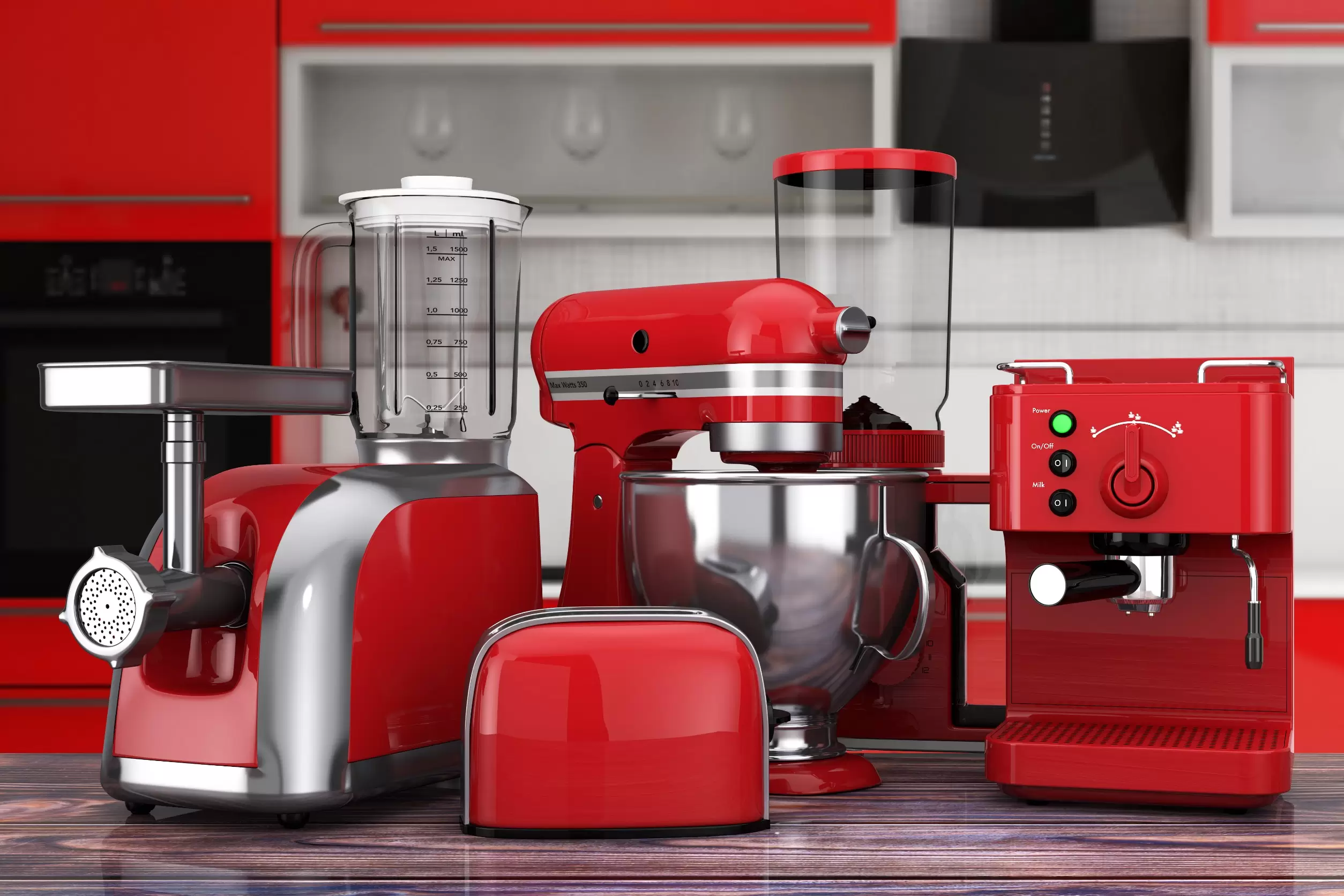
Appliances with faulty cords or those left on for extended periods can overheat and cause fires. Inspect appliance cords regularly for frays or damage and replace them if needed. Unplug appliances when not in use and avoid running them overnight or when you are not home. Proper maintenance and usage of electrical appliances can prevent fires.
9. Flammable Liquids
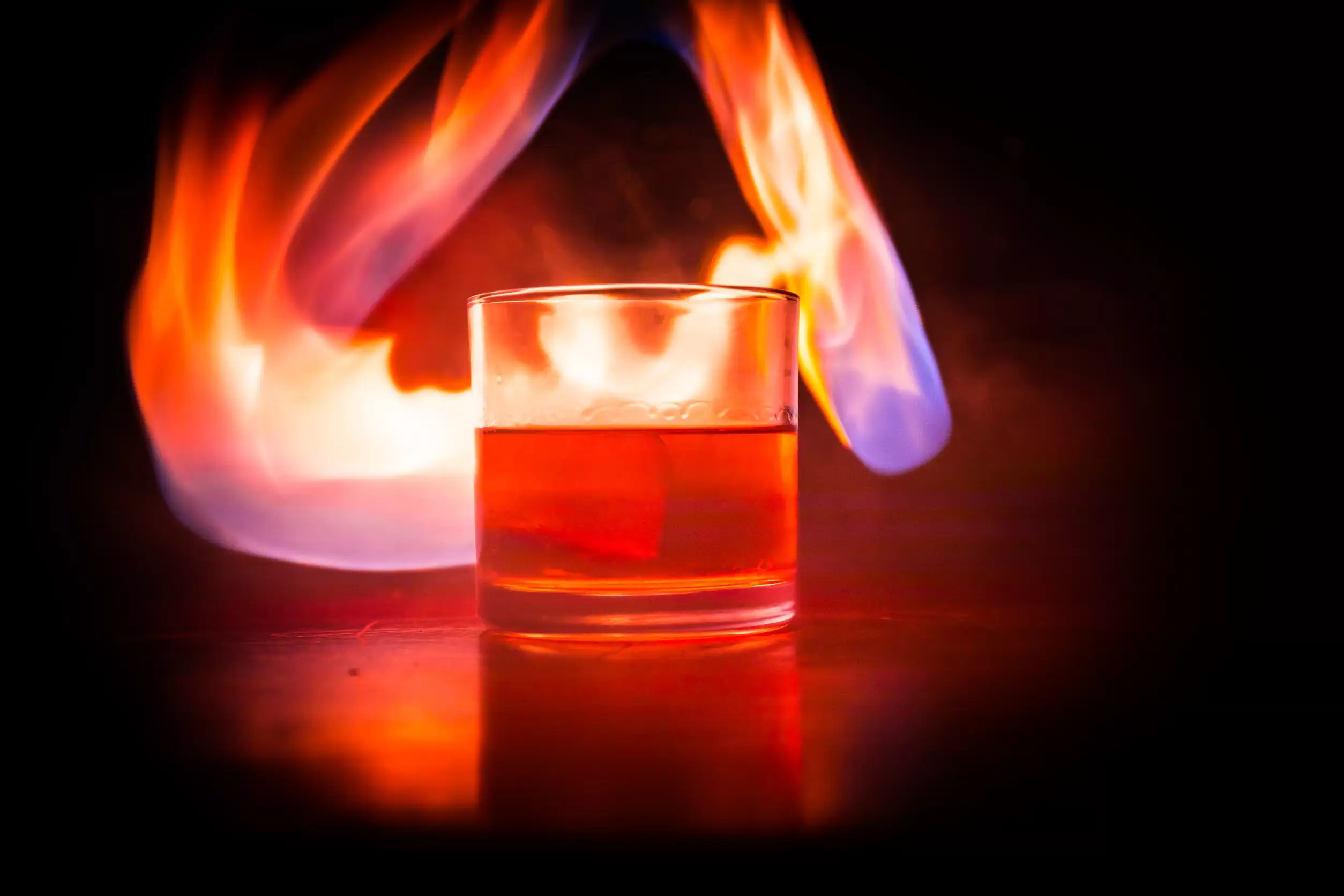
Household items like gasoline, paint thinners, and cleaning products are highly flammable and can easily ignite. Store these items in well-ventilated areas away from heat sources and out of reach of children. Use proper containers and never store flammable liquids near potential ignition sources. Safe storage practices are vital to preventing house fires from flammable liquids.
10. Christmas Trees

Real Christmas trees can become highly flammable if they dry out, posing a significant fire risk. Keep your tree well-watered and away from heat sources such as fireplaces, radiators, and lights. Use only UL-listed lights and turn them off when leaving the house or going to bed. Promptly dispose of the tree after the holiday season to reduce fire risk.
11. Heating Pads and Electric Blankets
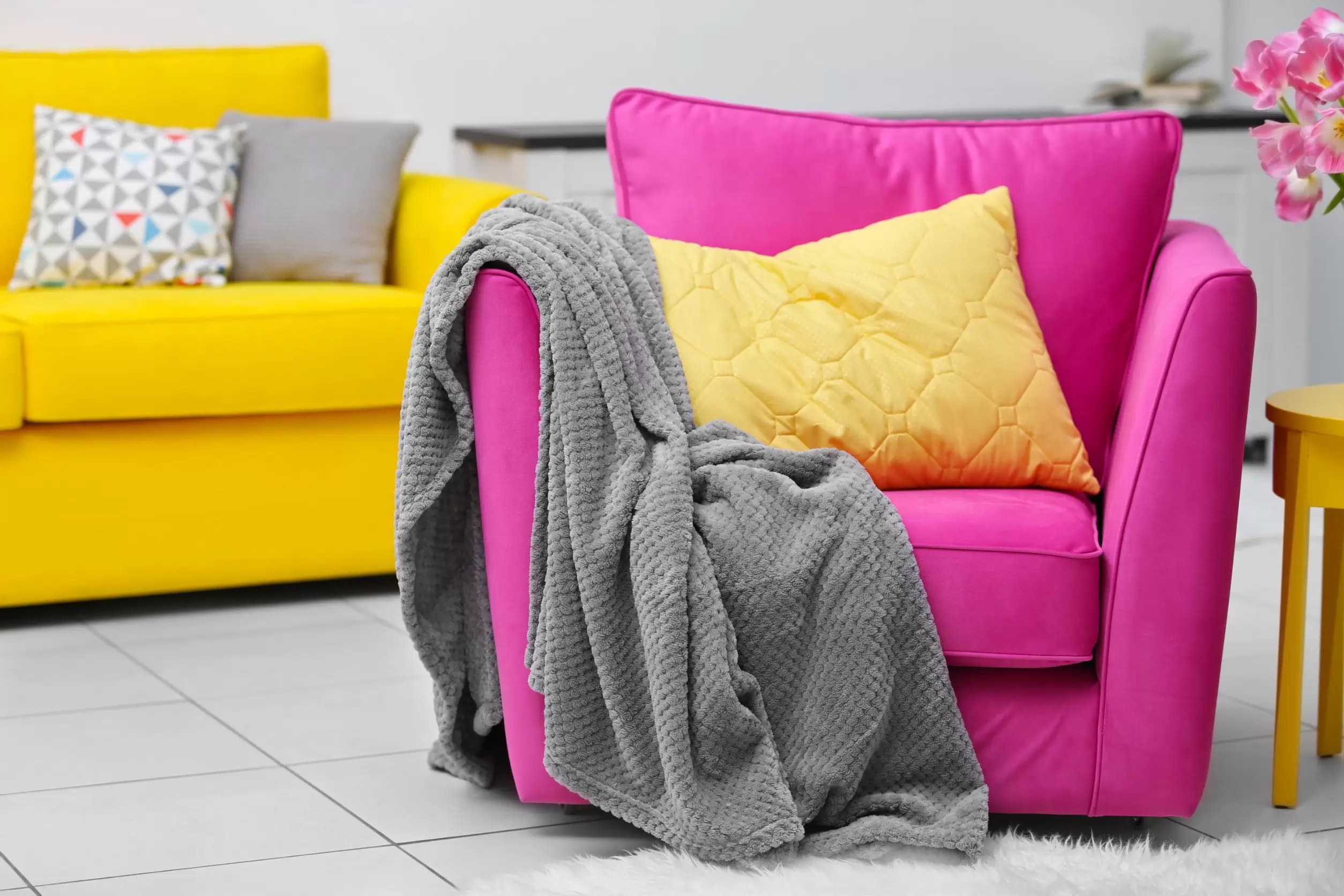
Heating pads and electric blankets provide warmth but can overheat or cause burns if misused. Avoid folding or bunching them, which can lead to overheating. Never leave them on unattended or while sleeping, and inspect them for wear and tear regularly. Following manufacturer guidelines ensures safe usage and prevents fires.
12. Dust Buildup
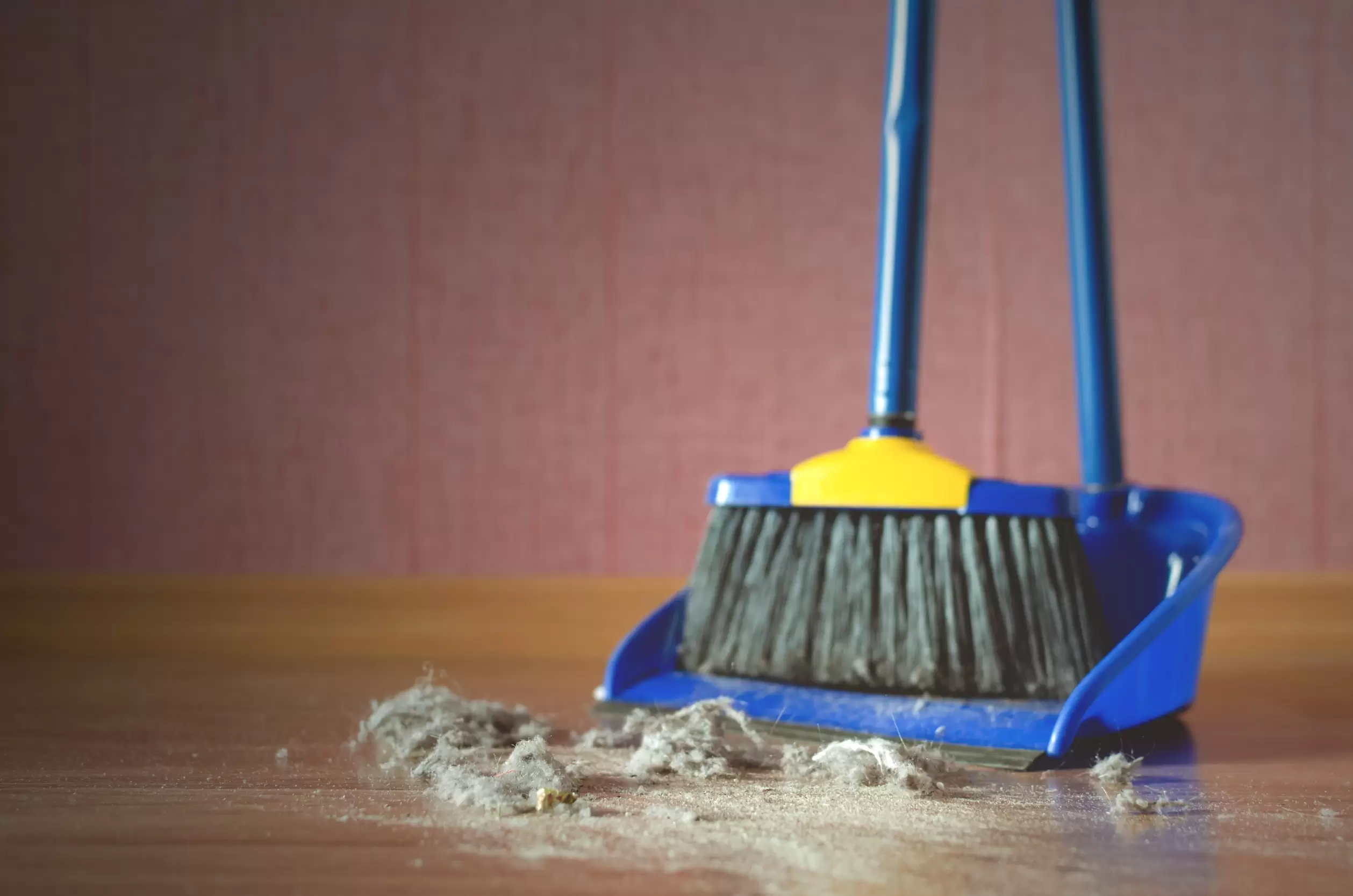
Dust buildup in areas like electrical outlets, power strips, and behind appliances can ignite if exposed to heat. Regular cleaning to remove dust and debris from these areas reduces the fire risk. Ensure vents and fans are dust-free to maintain proper airflow and prevent overheating. Maintaining a clean environment helps prevent unexpected fires.
Watch Out for These Unassuming House Fire Hazards!
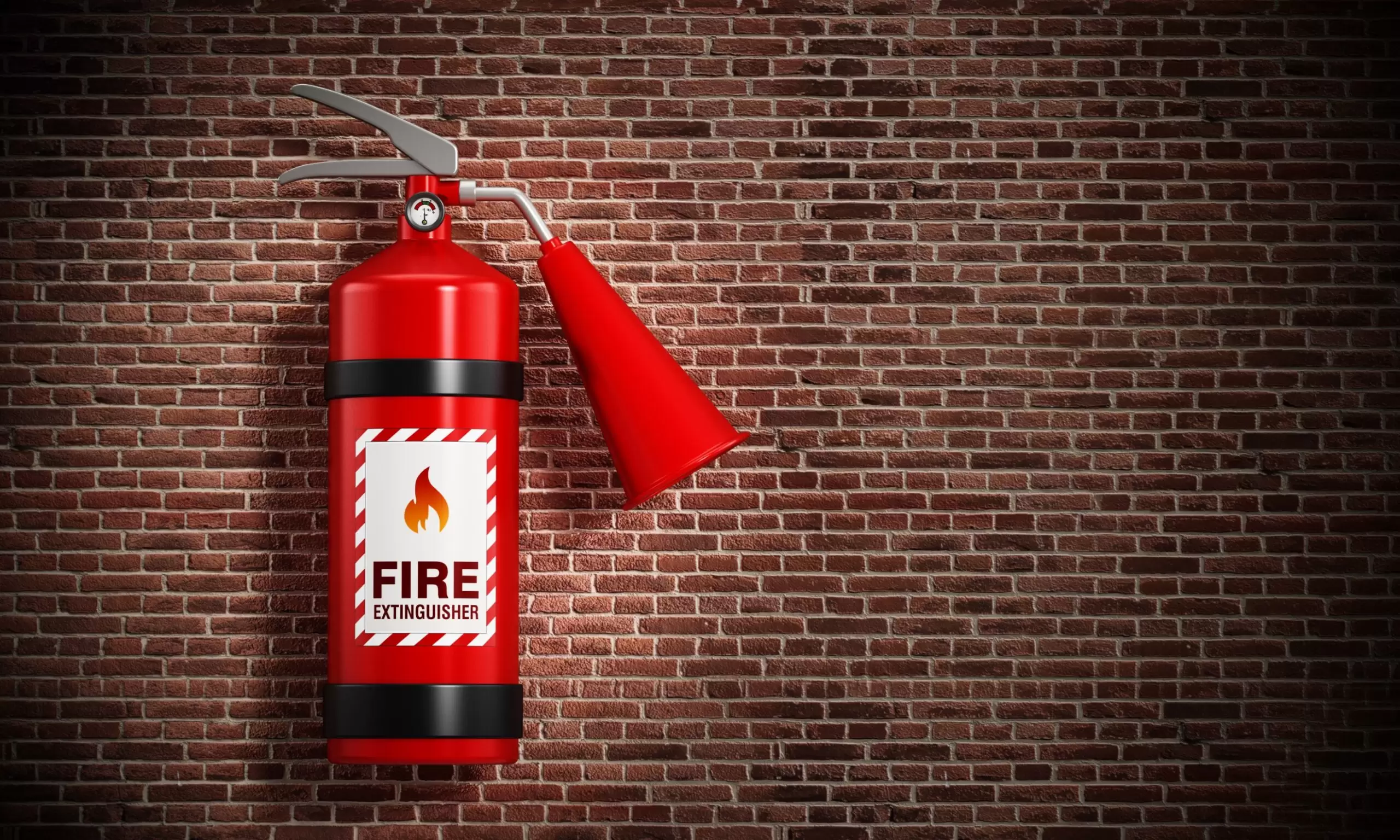
Awareness of these potential hazards can significantly reduce the risk of a house fire. Regular maintenance, proper usage of appliances, and cautious handling of flammable materials are crucial steps in fire prevention. By taking these precautions, you can ensure a safer home environment for you and your family. Stay vigilant and proactive to protect your home from the hidden dangers that could lead to a house fire.
Read More:
Hidden Dangers: 10 Safety Measures to Take When Cleaning Your Home
10 Stunning Destinations with Hidden Dangers You Need to Know About Before
Catherine is a tech-savvy writer who has focused on the personal finance space for more than eight years. She has a Bachelor’s in Information Technology and enjoys showcasing how tech can simplify everyday personal finance tasks like budgeting, spending tracking, and planning for the future. Additionally, she’s explored the ins and outs of the world of side hustles and loves to share what she’s learned along the way. When she’s not working, you can find her relaxing at home in the Pacific Northwest with her two cats or enjoying a cup of coffee at her neighborhood cafe.

